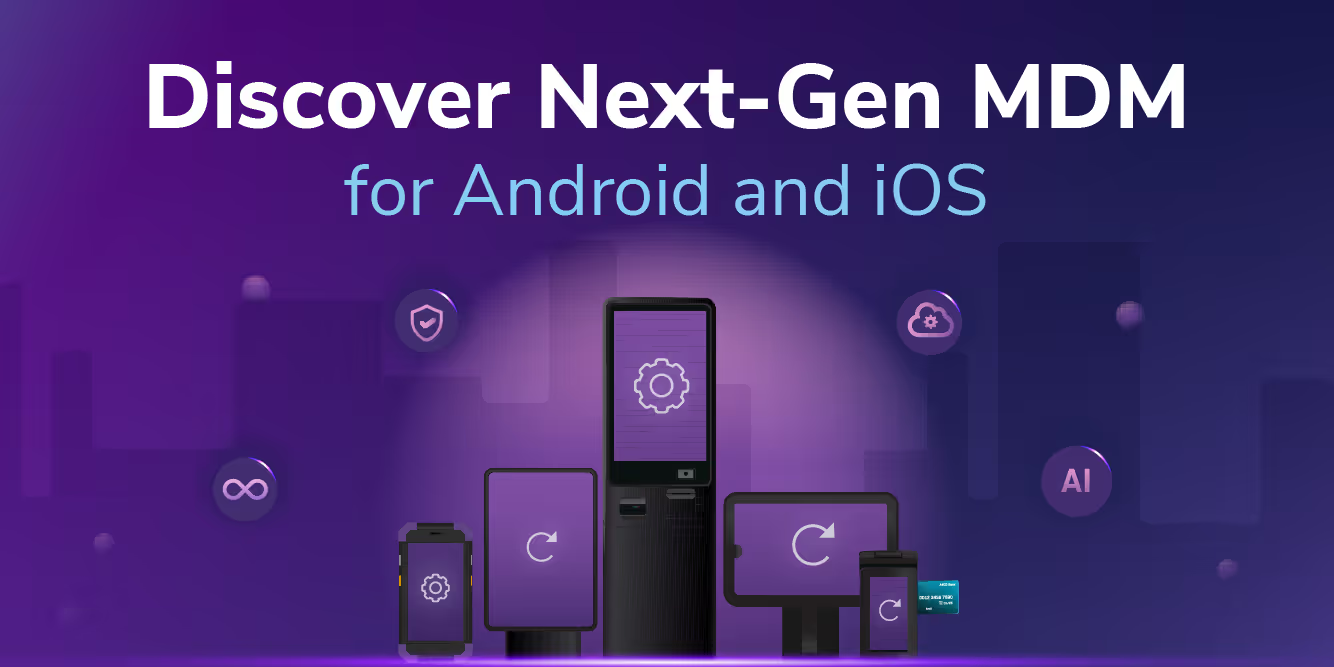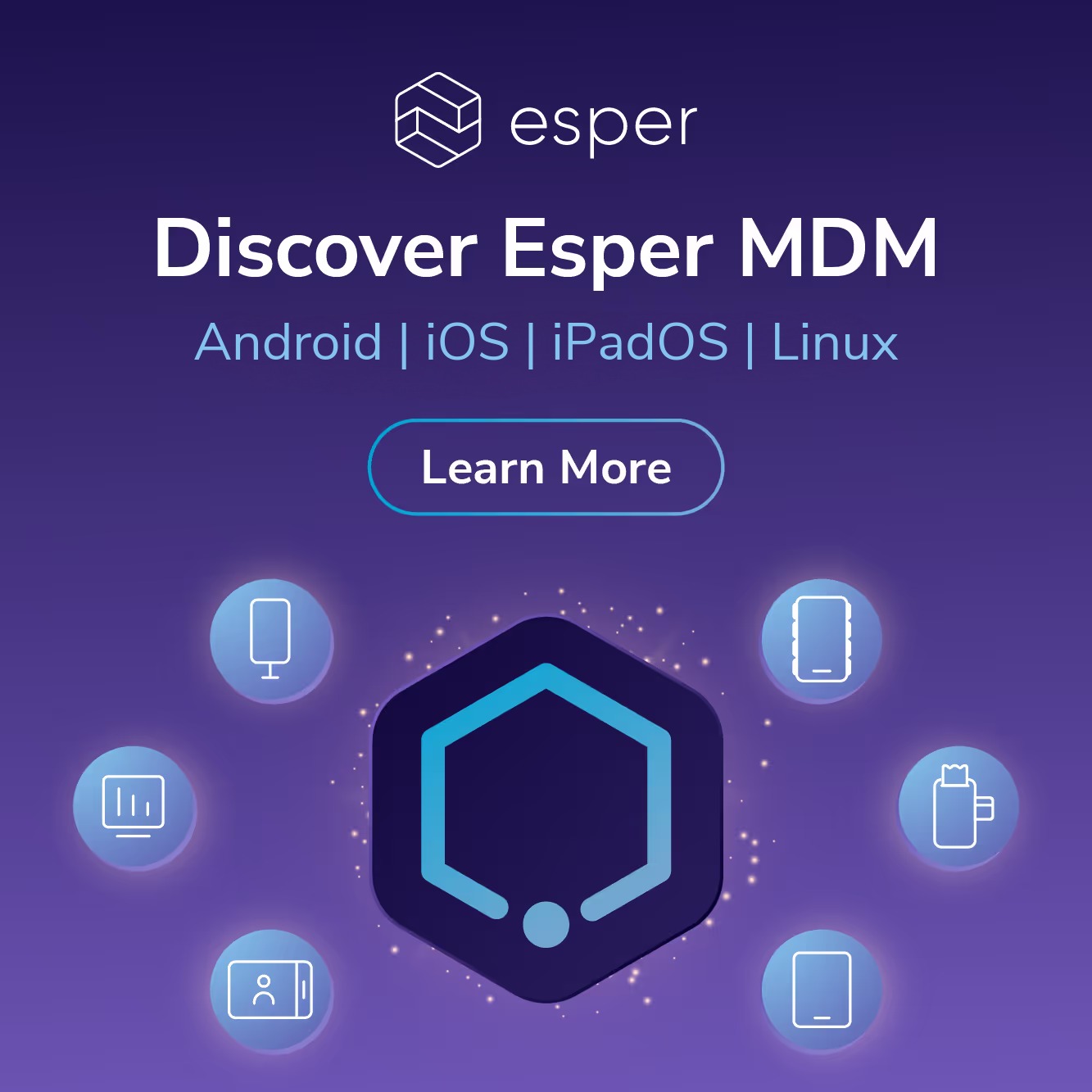The Apple Volume Purchase Program (VPP) lets organizations like businesses, schools, and enterprises buy App Store apps and books in bulk for iPhones, iPads, and Macs. If, for example, every iPad in your fleet needs access to a paid inventory management app or a textbook for a class, VPP credit allows you to automate the purchase of that app for each device (or user).
VPP credit is stored as a balance in your Apple Business Manager account, and it can be purchased directly through Apple or via an Authorized Apple Reseller. Because VPP credit works as an account balance, it can be a more secure and predictable way to purchase apps and books than storing a credit card directly in your Apple Business Manager account. When your VPP credit is no longer sufficient to cover the purchase of new licenses, it needs to be refilled.
Notably, the Apple App Store for iOS and Mac does not allow the volume purchase of in-app content (in-purchases, or IAPs). There is no way to automate bulk in-app purchases for iOS or macOS. If you wish to use an app that requires an in-app purchase for every device in your organization, you’ll need to do this manually or work directly with the app’s developer to distribute a custom, paid version of the app for your organization.
VPP can be used in combination with your MDM provider by linking your Apple MDM server VPP token (found in Apple Business Manager under Preferences -> Bills and Payments -> Apps and Books) to your MDM. This will allow an MDM to authorize debiting of your Apple VPP credit when assigning paid apps and books to devices, whether manually or automatically upon device enrollment.
Do I Need Apple VPP for My Business or School?
Technically, no. Apple Business Manager allows you to directly link a credit card to your Apple Business Manager profile, meaning all purchases can be billed directly to your payment method of choice.
However, Apple VPP allows you to make large, incremental purchases of credit, which may be necessary to align with your organization’s purchasing and accounting policies. You can purchase enough credit to cover all the devices you intend to license content to before you actually assign the licenses, similar to how one might buy licenses for an operating system like Windows in bulk.
Whether Apple VPP makes more sense than directly linking a credit card will depend on the particular needs of your organization. There is no discount for using Apple VPP.
How Does Apple VPP Work with My MDM?
Some MDMs allow you to link your Apple VPP token to your iOS MDM server, which then authorizes your MDM to purchase and assign licenses to devices that include paid apps or books as part of their content payload. This means you can automate the purchase of that content without needing to work directly inside Apple Business Manager.
However, Apple VPP credit must still be purchased manually, either from Apple or an Authorized Apple Reseller (i.e., your MDM can’t top off your Apple VPP balance).
Why Can’t I Purchase IAPs (In-App Purchases) with VPP on the App Store?
Bulk In-app purchases would pose significant technical and practical challenges to implement, given that Apple’s IAP scheme was never designed for this purpose.
Apple provides no explicit reason why IAPs are not a valid use of VPP credit, but the simplest reason is likely architectural: IAPs are linked to a specific Apple ID and cannot be genericized to an organization. Apple does not offer a way to pre-assign in-app content because the purchase flow occurs through the application (i.e., after that application has been downloaded and installed by the user), requiring explicit authorization via that user’s Apple ID. In-app purchases do not easily survive factory resets or even, sometimes, updates to an application and may need to be manually restored after such events.
VPP credit also cannot be used to purchase iTunes content, such as music, audiobooks, podcasts, movies, and TV shows.
Why is Apple VPP Limited to Apps and Books?
Apple intended VPP to simplify the app and book purchasing flow for educational institutions. Schools purchase frequently used eBooks as part of their curriculum, and purchasing such books one by one would be incredibly time-consuming. Paid educational apps (calculators, interactive courses, educational games) pose similar challenges.
Apple didn’t build VPP to handle bulk enterprise content licensing or purchasing in-app content. Apple expects such use cases to be covered in direct agreements between customers and content providers, with distribution taking place via custom versions of applications meant for these bulk customers. Content distributors creating custom versions of their applications for enterprises are also not subject to Apple’s 30% commission on App Store purchases since those agreements take place outside the App Store and are not intended to bypass the consumer purchasing flow.
Does Apple VPP Assign App and Book Licenses by Device or Apple ID User?
This depends. Licenses purchased for apps via VPP can be assigned as part of a device payload (i.e., automatically to each enrolled device) or to a list of Apple IDs in your organization, whether manually or in bulk. Licenses purchased for books via VPP must be assigned on a per-user basis.
Does Apple VPP work with Apple Education discounts?
Yes, pricing for content when using Apple VPP is the same as it is when purchasing directly from the App Store within your organization. If your school is eligible for Apple Education discounts, those discounts will be reflected for purchased apps and books paid via Apple VPP. Apple VPP confers no additional discounts.
What is the Difference Between Apple VPP and Apple Business Manager?
Apple VPP is a content purchasing method for schools and businesses. Apple Business Manager is a platform for Apple device management and App Store content owned by an organization and includes Apple VPP as a payment method for the latter. If you’ve signed up for an Apple Business Manager account, you are ready to start using Apple VPP.
If you’re ready to get started managing your Apple devices and content, an MDM is essential to organizing and scaling your fleet. Check out Esper’s iOS solutions for more information.
FAQ
Keep Exploring

















